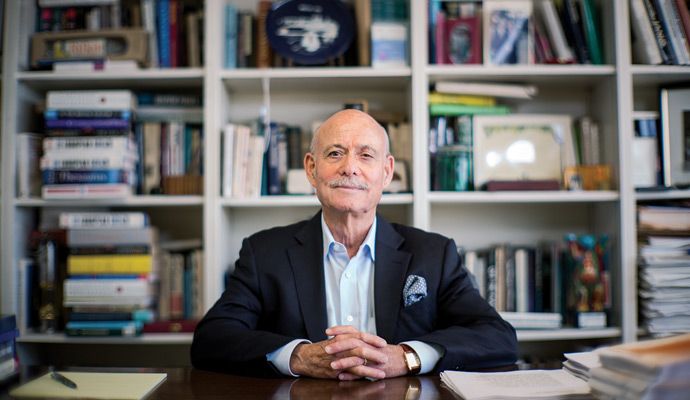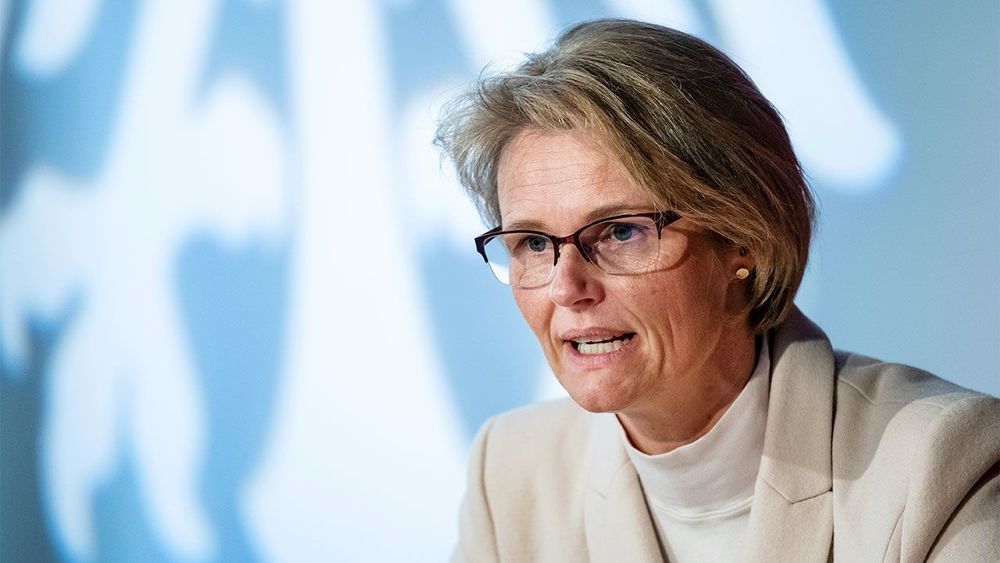Space exploration isn’t just romance; it’s not even just to keep the human species from having all its eggs in one basket. It’s also there, Daniel Suarez suggest, to save our economies from the day the debt-bubble bursts.




Greg Autry reviews Robert Zubrin’s new book, The Case for Space. The good doctor knows a lot more than just Mars. The book envisions a bright future for humanity in the solar system and beyond, backed by scientific, engineering and economic analysis from the expert who brought us the Case for Mars.


While old business clans continue to dominate India’s rich lists, a tenfold expansion in its economy since its opening in the 1990s has spawned new tycoons in fields like technology. The number of billionaires in India more than doubled to 119 between 2013 and 2018, according to Knight Frank. And the country will lead the global growth in ultrahigh net worth individuals, with its numbers rising 39 percent to 2,697 by 2023, the researcher estimates.
India is going through one of the greatest periods of wealth creation — and destruction — all at the same time.
A new breed of self-made entrepreneurs is vaulting into the ranks of the wealthy, offsetting billions lost by debt-burdened industrialists and members of the country’s old dynasties. The changes are set to help India’s ultra-rich population grow at the world’s fastest pace.

A new type of money that allows users to make decisions based on information arriving at different locations and times, and that could also protect against attacks from quantum computers, has been proposed by a researcher at the University of Cambridge.
The theoretical framework, dubbed ‘S–money’, could ensure completely unforgeable and secure authentication, and allow faster and more flexible responses than any existing financial technology, harnessing the combined power of quantum theory and relativity. In fact, it could conceivably make it possible to conduct commerce across the Solar System and beyond, without long time lags, although commerce on a galactic scale is a fanciful notion at this point.
Researchers aim to begin testing its practicality on a smaller, Earth-bound scale later this year. S-money requires very fast computations, but may be feasible with current computing technology. Details are published in the Proceedings of the Royal Society A.

Get ready for a future in which most things you need to live, food, housing, transportation, and information, are free or nearly free.
The influential economic theorist looks ahead to a world of virtually free energy and zero marginal cost production, and to a desperate race against climate change.

BERLIN—German research organizations cheered a decision announced today by state and federal ministers to increase research budgets by 3% a year for the next decade—a total boost of €17 billion over that time. For more than a decade, German research organizations have enjoyed consistent budget increases—3% boosts every year since 2006, even during downturns in the German economy. But some observers have worried that falling tax revenues and deep disagreements between state and federal ministers could bring an end to the largesse.
State and federal government pledge €17 billion in extra funds through 2030.
A few years ago, a friend and fellow author Manu Saadia (author of Trekonomics: The Economics of Star Trek) posed a question to me about the viability of creating actual cities on other planets. It was, in his mind, one of the few things about Star Trek which seemed unrealistic, because of the fact that cities here on Earth thrive due to one important reason: imports/exports, i.e. resource exchange.
As we continue planning ahead for the future of both space travel and space colonization, the need for advanced 3D printing will ultimately dictate our ability to maintain viable civilizations on other planets.